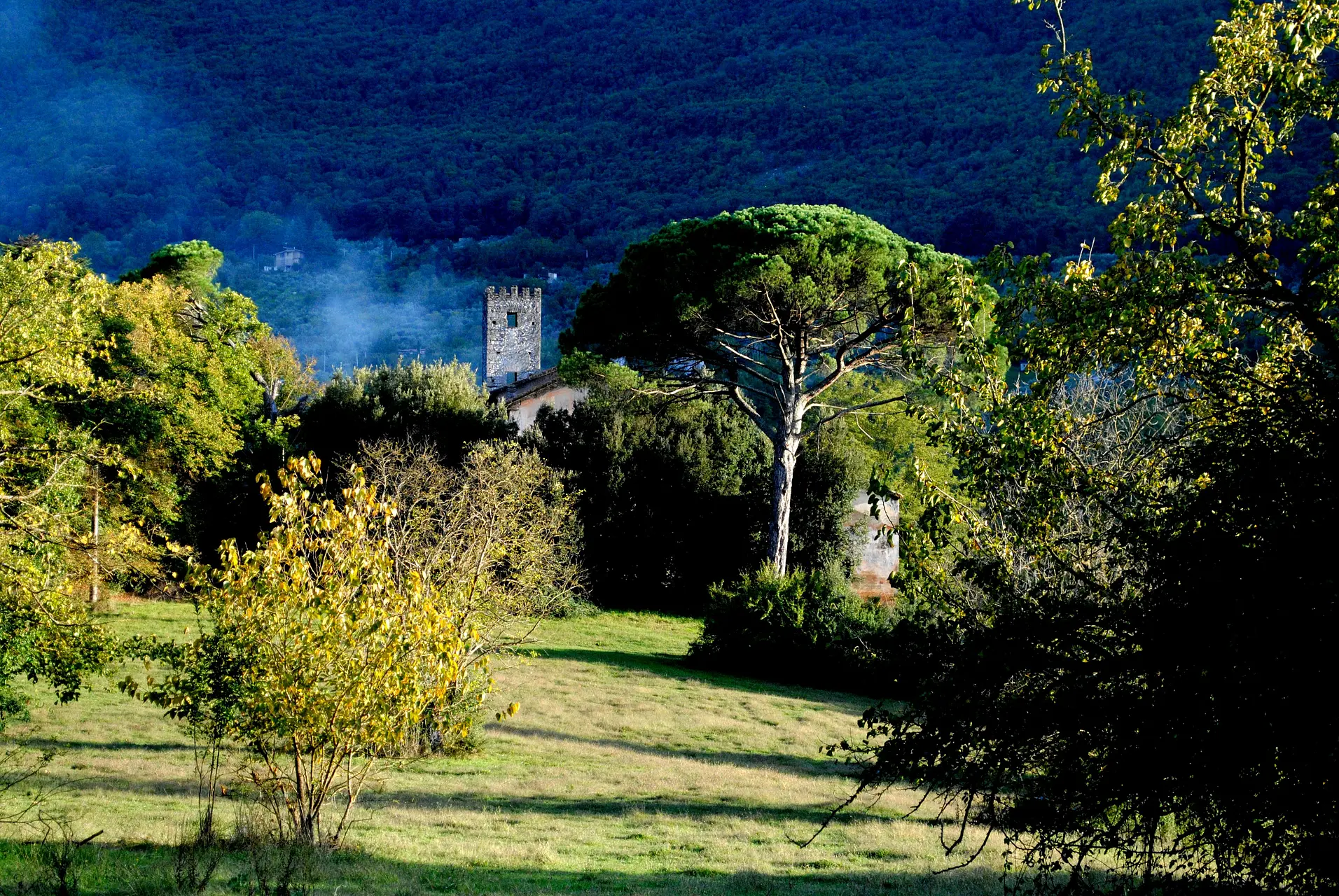SHARRYLAND


Where is

What it is and where it is
Nestled in the countryside of Anagni is a Roman road that leads to Villa Magna. It is a place suspended in time, difficult to decipher, but enchanting for a walk away from everyday life. Already upon arrival, one is greeted by a turret that emerges from the treetops and blends with the surrounding landscape, creating a dreamy vision, perfect for framing photographs. At its side, a country farmhouse leans on ancient-looking walls. Other structures can be glimpsed in the meadows, even a church.
Why it is special
The perimeter walls, the well-defined apse, even the facade with a decorative lunette above the door. It is indeed a church. Apart from the walls, only the arches that supported the roof remain. Overgrown with grass and open to the sky, it looks like a ghost that does not give up, but continues to tell its story. And what a story: this, in the Middle Ages, was an important monast ery: the monastery of St. Peter in Villa Magna.
Not to be missed
Here, however, history has very deep roots, and a clue comes from the very name of this location: Villa Magna. It is Latin: "Villa Grande." Well yes, if you look carefully, you will discover traces of archaeological excavations that have unearthed mosaics, cisterns, and many other structures that speak to the origin of this place: an agricultural villa of Imperial Rome. This was a large and important villa, so much so that it was imperial property and a resting place for the emperors of the Antonine family. The Roman road we saw earlier originated precisely to connect the villa to Anagni.
Trivia
Ruins in general are fragments of past life, but sometimes they are made more vivid by the testimonies of men from the past. This is the case for Villa Magna. The agricultural estate, in fact, at one point became the property of the Roman Empire, and welcomed emperors and their families to its lands. Here then, thanks to a letter from him to Frontone, it is possible to spend a day at Villa Magna together with Marcus Aurelius!



